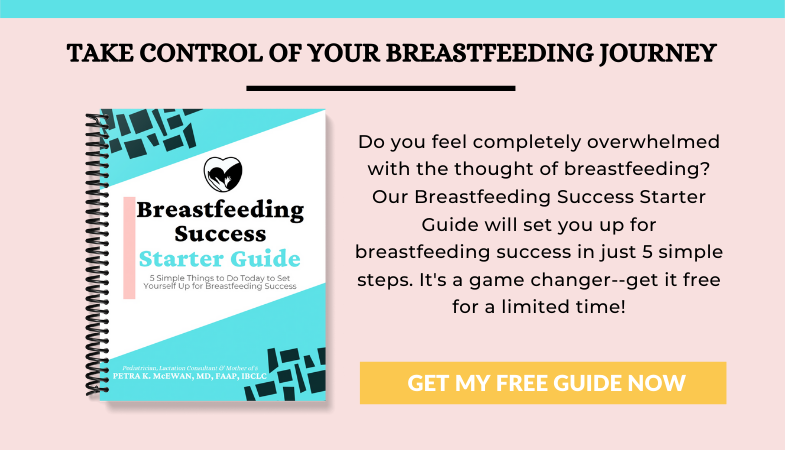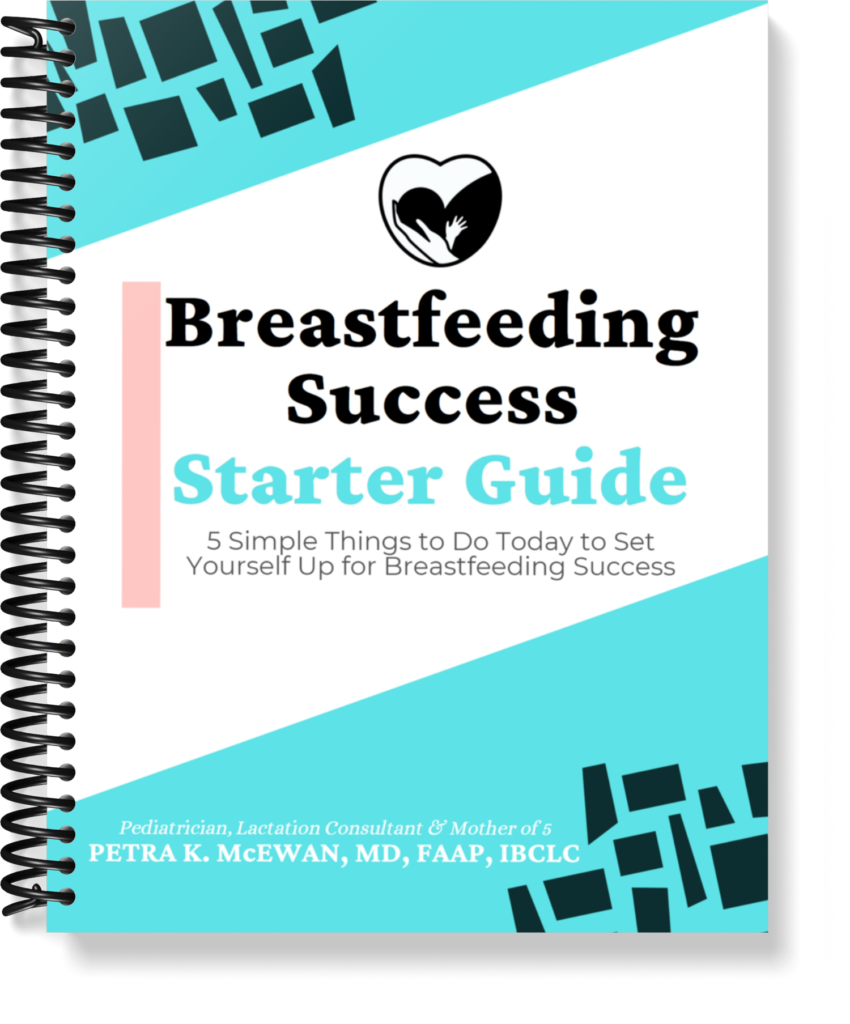Are you a pregnant or breastfeeding mom looking for advice on your breastfeeding journey? Keep reading for my take on what I wish I knew about breastfeeding.
Breastfeeding is a natural process, filled with benefits for both mom and baby. It can take you through a lot of ups and downs, and lots of unexpected experiences. As a mom of five breastfed babies, each of my breastfeeding experiences were very different, and I have learned quite a bit along the way. They each came with their own sets of struggles. But I don’t regret them one bit. Here, I’ll share with you what I wish I knew about breastfeeding when I first started.
What I wish I knew about breastfeeding:
Be prepared
Learn what you can about breastfeeding ahead of time. Take a breastfeeding class before you deliver your baby to get a good overview of the process and to understand what to expect. You can start learning about different positions, how to latch, and solutions to common breastfeeding problems. It’s also helpful to gather the supplies you need for breastfeeding ahead of time so that you aren’t scrambling and shopping after your baby is born.
Breastfeed right after delivery
Keep your baby skin-to-skin after delivery and allow him to find your breast. Feeding within the first hour after delivery can set you up for long-term breastfeeding success.
A good latch is key
If your baby has a good latch, it makes all the difference in breastfeeding. A poor latch can cause you pain, poor milk transfer, poor weight gain for your baby, and eventually a decreased milk supply for you. If you and your baby can get the latch down, you’re 99% there! For a good latch, make sure your baby’s mouth is wide open and he gets the nipple and a good portion of the areola in his mouth each time.
Expect to breastfeed often
If you go into breastfeeding with this mindset, it makes a huge difference. Allow your baby to feed on demand. Usually that’s every 2 hours early on, but it can be more frequent than that if your baby has periods of cluster feeding. Even if you’re sore or tired, it’s important to continue to feed around the clock, both day and night. Doing this in the early days can also help you to get a good kickstart on your milk supply and helps your baby to gain weight and get the nutrition he needs.
Breast milk is all about supply and demand
In most cases, your body will be able to keep up with your baby’s demand for milk if you continue to feed or pump regularly. If you skip feedings or pumping sessions or supplement with formula, your breasts won’t be emptied as often as they should be. Your full breasts then send a message to your brain telling it that you no longer need that much milk, and you’ll eventually start producing less and less. It’s important to empty your breasts regularly. An empty breast makes more milk. And if your baby has to be supplemented with a bottle, then you should pump whenever he’s getting one.
Your baby is the best pump out there
Your baby will empty your breasts better than any pump you can buy in the store. So, if you’re worried about your breast milk supply, the best thing to do is to keep feeding your baby at the breast on demand.
Skin-to-skin works wonders
This is such an awesome experience that not many parents put into play! Putting your baby on your chest, especially in the early days, has so many benefits. It helps you to bond with your baby, keeps your baby warm, and increases your body’s release of calming hormones. If your baby is fussy, it can soothe and comfort him. And if he is having trouble latching on, have your baby skin-to-skin near the breast and he will eventually find the areola and nipple, and naturally latch on.
Don’t wait too long to try a bottle
I recommend only feeding your baby directly at the breast for the first month, in order to get breastfeeding established. This helps to reduce the nipple confusion that can occur when your baby switches back and forth between the breast and bottle. But, if you’re planning to go back to work or spend any time away from your baby, introduce a bottle soon after breastfeeding is established. Offer a bottle of breast milk once a day to get your baby used to it. And, of course, whenever your baby is receiving a bottle, you should pump in order to maintain your supply.
Have the right support
It’s hard to be successful at breastfeeding all on your own. It’s important to have a good support system to back you and be there for you when you need it. Your spouse or other family members can be your first line. But it’s important to have the support of your healthcare workers, as well as a lactation consultant and breastfeeding support group. This way, you have people from different angles and experience who can help you in a variety of ways.
Breastfeeding can come with a lot of unexpected experiences. You may feel unprepared when you first get started. But there are a lot of lessons that can be learned with each experience. I hope this advice on what I wish I knew before breastfeeding is helpful to you on your journey!
Other helpful resources related to what I wish I knew about breastfeeding:
If you love these tips, be sure to check out my 75+ page digital library, filled with step-by-step instructions and the tools you need to learn the basics and adapt to life while breastfeeding, troubleshoot breastfeeding problems, go back to work while breastfeeding, wean – and so much more!





